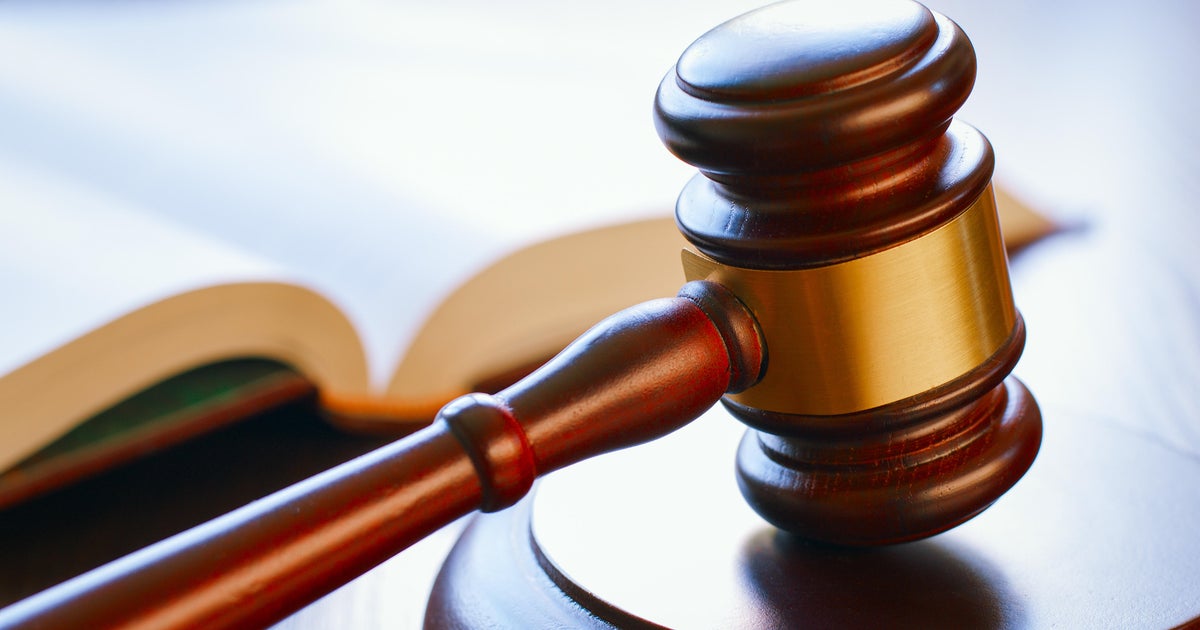Texas man criminally charged for allegedly supplying Olympians with performance-enhancing drugs
A Texas man is facing criminal charges for allegedly supplying performance-enhancing drugs to Olympic athletes before the 2020 Tokyo Olympics last year. It is the first time a person has been charged under the Rodchenkov Anti-Doping Act, which was enacted in 2020.
Eric Lira, who claims to be a naturopathic and kinesiologist doctor primarily based in El Paso, allegedly obtained banned drugs like human growth hormones and the "blood-building" erythropoietin drug "in advance of and for the purpose of corrupting the 2020 Olympic Games," according to the complaint unsealed Wednesday by the U.S. Attorney's Office in the Southern District of New York. The performance-enhancing drugs were misbranded versions of the prescriptions and sourced from Central and South America. Lira then distributed them in the U.S.
The 41-year-old is also accused of communicating with two unnamed Olympic athletes through an encrypted electronic platform, where they discussed the illegal drugs' sales, shipment, effectiveness and the potential testability of the drugs within their system by anti-doping agents.
Several weeks before the Tokyo Olympics began on July 23, 2021, one athlete allegedly wrote to Lira that their body felt "so good" and that they were "sooooo happy," according to prosecutors. "Whatever you did, is working so well," the athlete wrote on the platform.
Lira allegedly responded: "What you did...is going to help you for the upcoming events. You are doing your part and you will be ready to dominate."
Weeks later, an out-of-competition blood test showed one of the athletes was using human growth hormones, prosecutors said. The competitor was provisionally suspended from the Olympics on July 30.
While the complaint did not name any of the athletes who were allegedly a part of the scheme, the complaint's details suggest that one of Lira's clients could have been Nigerian sprinter Blessing Okagbare, according to the Associated Press. Okagbare was provisionally suspended in July after testing positive for human growth hormones in an out-of-competition blood test, the AP reports.
"At a moment that the Olympic Games offered a poignant reminder of international connections in the midst of a global pandemic that had separated communities and countries for over a year, and at a moment that the Games offered thousands of athletes validation after years of training, Eric Lira schemed to debase that moment by peddling illegal drugs," U.S. Attorney Damian Williams said Wednesday.
Lira is accused of violating the recently enacted Rodchenkov Act, which "makes it unlawful to knowingly influence (or attempt or conspire to influence) a major international sports competition by use of a prohibited substance or prohibited method."
He faces criminal penalties including a maximum sentence of 10 years behind bars. Lira is also accused of conspiring to violate drug misbranding and adulteration laws, which carries a maximum prison term of five years, according to the Department of Justice.
"We allege Mr. Lira knew he was breaking the rules when he communicated with Olympians through an encrypted messaging app to hide his illegal activity," FBI Assistant Director Michael J. Driscoll said in a statement Wednesday. "It's not winning if you take illegal substances - it's cheating, and Mr. Lira will now be forced to face the consequences of his alleged criminal actions."
Lira was taken into federal custody and set to appear before a judge in the Western District of Texas on Wednesday, the DOJ said.



